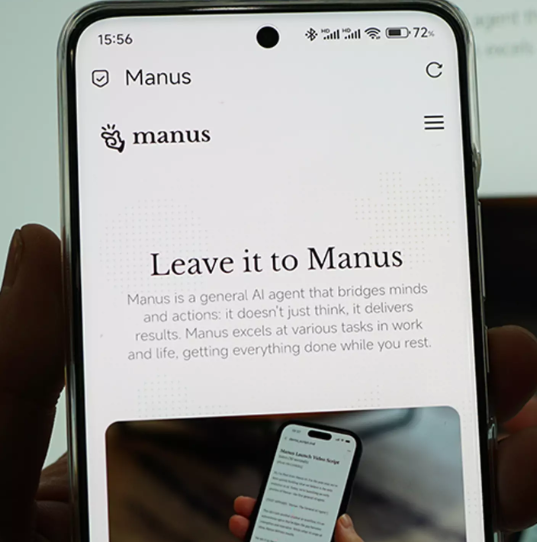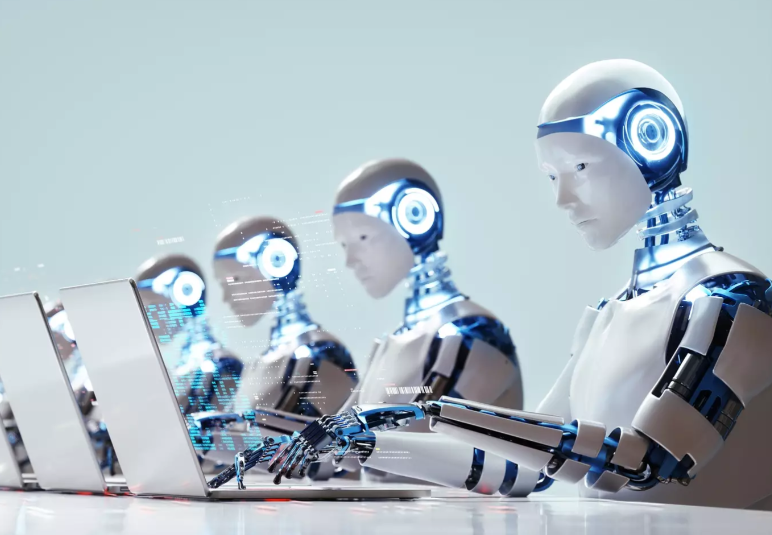A group of Chinese software engineers have developed a fully autonomous AI agent.
Launched on 6 March, Manus is reportedly a ‘world first’ agent that is capable of independent thought and action – and it’s sending shockwaves through the AI community.
Unlike chatbots we’re used to like OpenAI’s ChatGPT, Google’s Gemini, or Grok – which all require human prompts to operate – Manus is designed to think and act without human guidance. Essentially, scientists are now reaching a point in the AI revolution where it may no longer need to ask for permission before making decisions.
For example, if someone gives Manus a vague command like “Find me an apartment,” the AI agent goes beyond listing search results. It can research and evaluate multiple factors like crime rates, weather patterns and rental market trends to offer tailored recommendations.
Interestingly, Manus comes just over a year after the release of DeepSeek in 2023, a Chinese AI model that was likened to China’s ‘Sputnik moment’ in AI technology, Forbes reported.
Rather than using just one AI model, Manus functions like a manager overseeing ‘multiple specialised subagents.’ As per Forbes: “When assigned a complex task, it divides the problem into manageable components, assigns them to the appropriate agents, and monitors their progress. “
What’s crazier is that this development can run in the background, notifying users only when results are ready, without any human micromanagement.
This is a game-changer for current AI as many chatbots currently rely heavily on humans to initiate tasks and, as such, Manus could have far-reaching uses in multiple industries.
Additionally, if you were to provide the AI agent with a zip file of resumes for potential hires, Manus doesn’t just rank candidates. Instead, it reads through each one, extracting relevant skill and cross-referencing them with job market trends. From this, users are presented with a fully optimised hiring decision and a generated Excel sheet for analysis.
In software development, Manus could build websites from scratch, gather data from social media and troubleshoot hosting issues without human involvement.
Essentially, Manus functions like a hyper-efficient digital assistant that can seamlessly multitask like a computer, such as opening browser tabs, filling out forms, sending emails, coding software and making real-time decisions. However, unlike humans using real energy, the AI doesn’t get tired.
So, whilst this advancement represents exciting possibilities for the AI world, it also presents a real threat of replacement to human workers.
And its ability to independently execute tasks traditionally handled by professionals raises ethical and regulatory questions about job accountability.
For AI developers, creating an autonomous system like Manus is the ultimate goal. But for workers, it presents an uncertain future.





